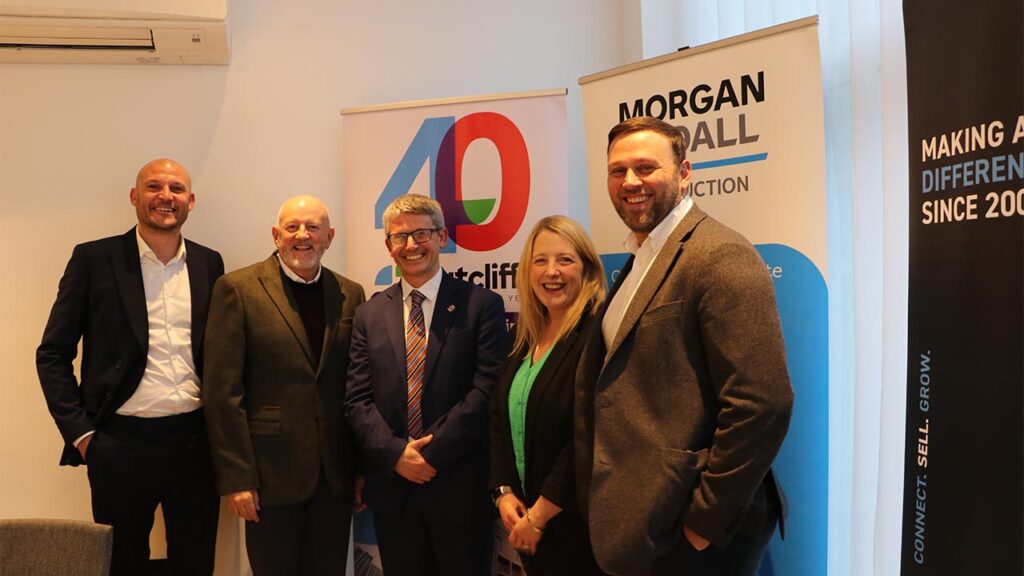It’s one of the hottest potatoes around at the moment. People of all ages are waking up, even children, aware that something must be done to reverse the effects that humans have had on the planet for all the years that we have inhabited it. I honestly believe that we have the national treasure that is Sir David Attenborough to thank for this awareness, he has really spearheaded this campaign and we have all fell in love with him in the process – we must keep him safe at all costs!
Every industry and economy are stepping up so I thought I would share my thoughts on what is being put in place the furniture industry as well as what you can do as consumers to support our global Co2 targets.
The furniture industry and its client base have contributed hugely to our waste problem. Every year, 10 million tonnes of furniture is thrown away by businesses and consumers across Europe alone – not even taking the rest of the world that figure is quite shocking. As most of this either ends up in landfill or is incinerated the furniture industry really had to step up its game and make some positive changes with the help and use of processes from FIRA (Furniture Industry Research Association), Climate Care, ISO14001, and many others.
How can businesses be more aware of the effect of their choices during a refurbishment or a fit-out I hear you ask? Firstly, be sure that any contractors/dealers/manufacturers you are working with can offer the below services or at least advise on them, they are the experts and that is why we work with them;
- Ethical clearance – there are companies that we work with that can arrange 100% reuse of your furniture, if not here in this country they will find suitable charities all over the world. My absolute favourite schemes are where the furniture is used for schools in third world countries – yes there is a cost to this because of the logistics but the contribution that this can make to your sustainability policies is incredible. I could talk about this all day because I love it but I only have so many words so get in touch with me if you want to know more.
- Financial return – please don’t get excited about this, no one wants to buy the old wooden computer desks, blue task chairs, or maple varnished boardroom tables that are over 15 years old. I’m talking about relatively new furniture maybe 5+ years old, probably white – you would be surprised how many people grow out of their furniture quickly, there’s a possibility we can get a financial return on well looked after items.
- End of life solution – more and more manufacturers are creating end of life solutions where they will take the old off your hands, dismantle and recycle. This can also be heard as cradle to cradle, where the product is designed for this purpose.
- Ecological footprints – most manufacturers should start to know this information. These tell us how much land is required to provide the resource needed to make a product and to absorb the waste produced as a result. Ecological foot printing looks at environmental impact in terms of land because the planet has a finite number of resources to offer.
If that all seems too much get yourself a reputable furniture consultant, the good ones will always see what they can re-use, upcycle, re-upholster before pushing new products on you because we have a vested interest in the circular economy too.
Thanks for reading. I hope you found it useful and I do hope Sir David would approve!
Hannah Floyd, Director of Pi Sq Ltd – [email protected]





